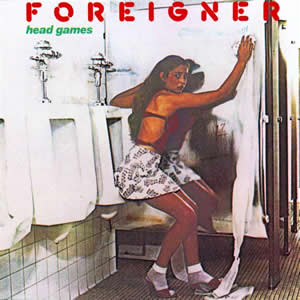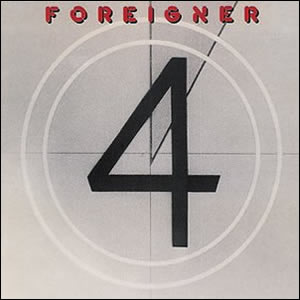Head Games by Foreigner
Buy Head Games Head Games was the third studio album released by the rock band, Foreigner, in three years and continued their incredible success by reaching the Top 5 on the album charts […]

Buy Head Games Head Games was the third studio album released by the rock band, Foreigner, in three years and continued their incredible success by reaching the Top 5 on the album charts […]

Buy Foreigner 4 Foreigner 4 was a platinum-selling commercial blockbuster for the group Foreigner in 1981. It spawned several highly successful singles and began the group’s transition from a hard rock band to […]